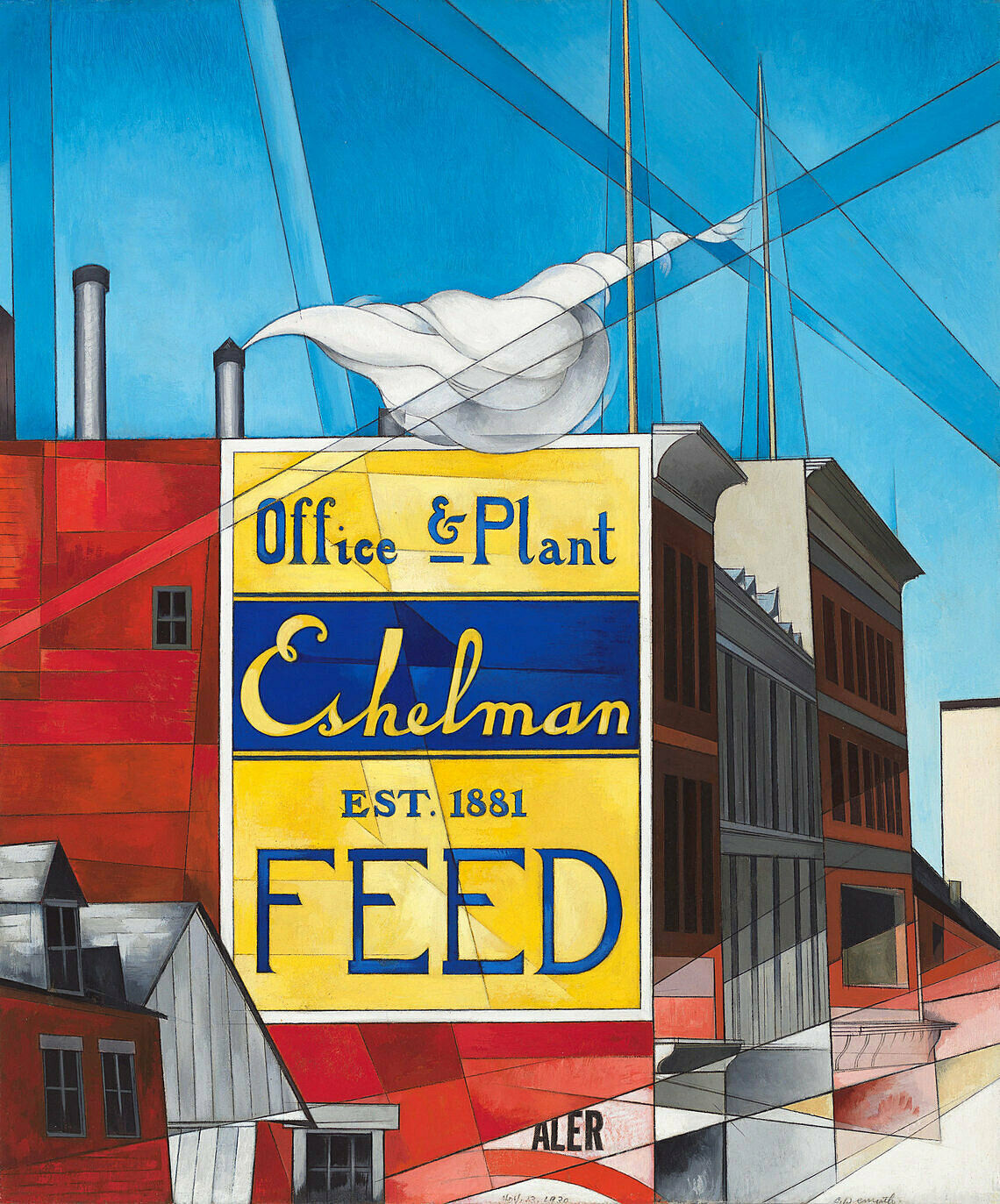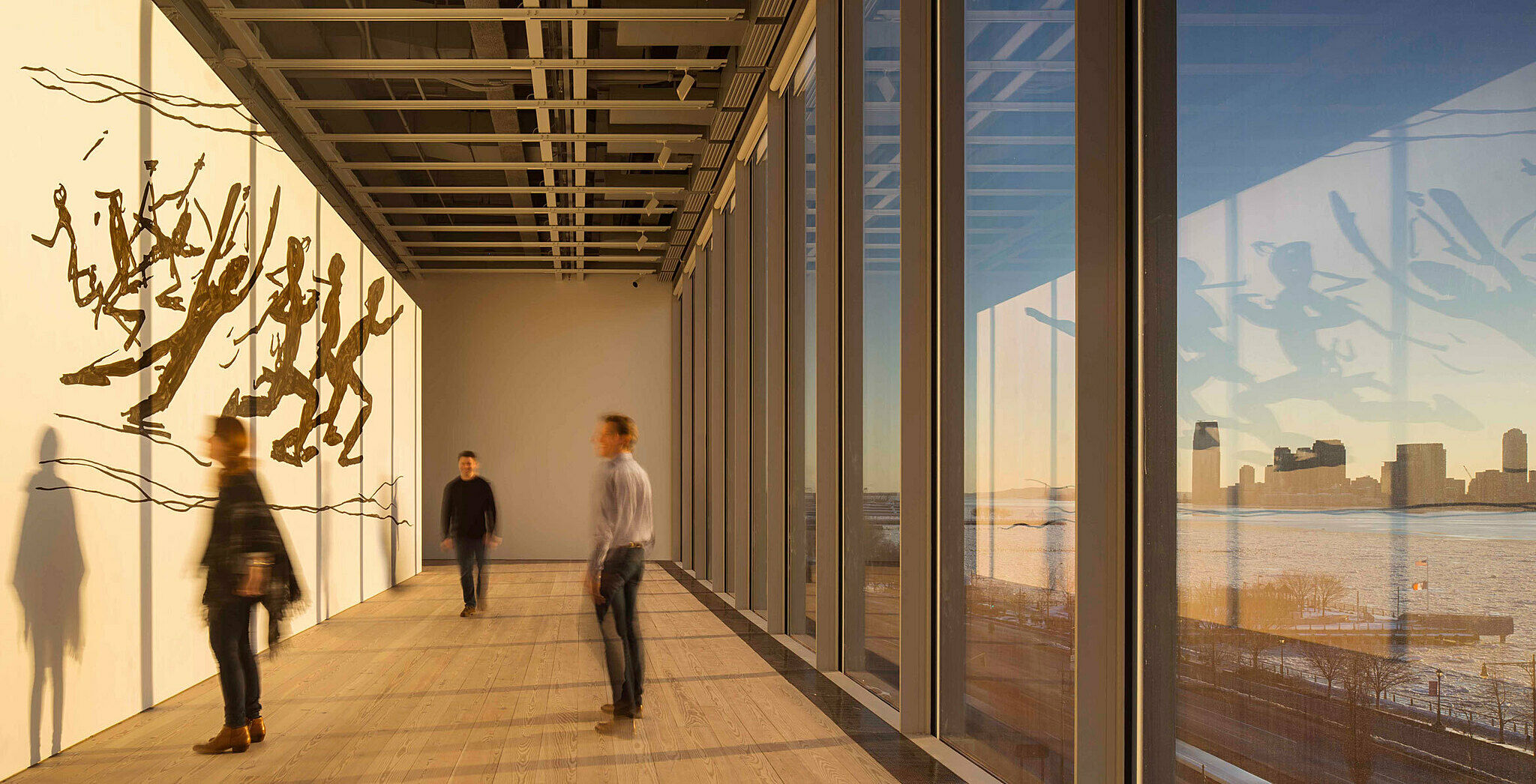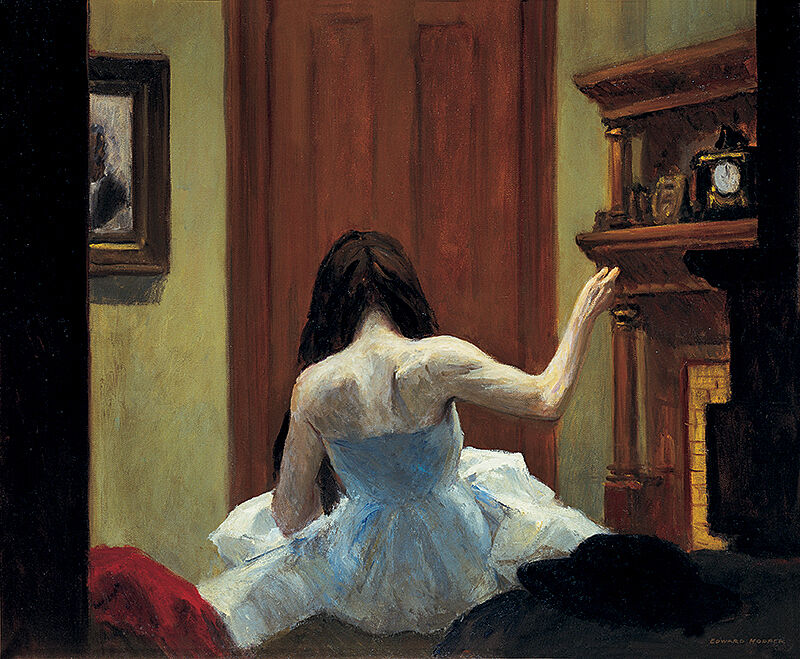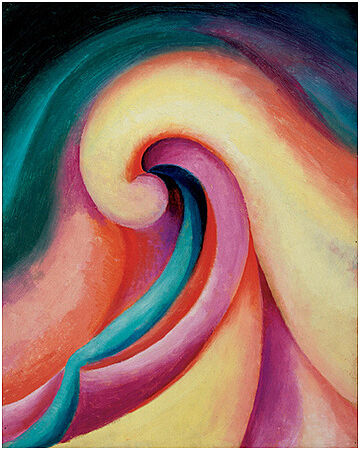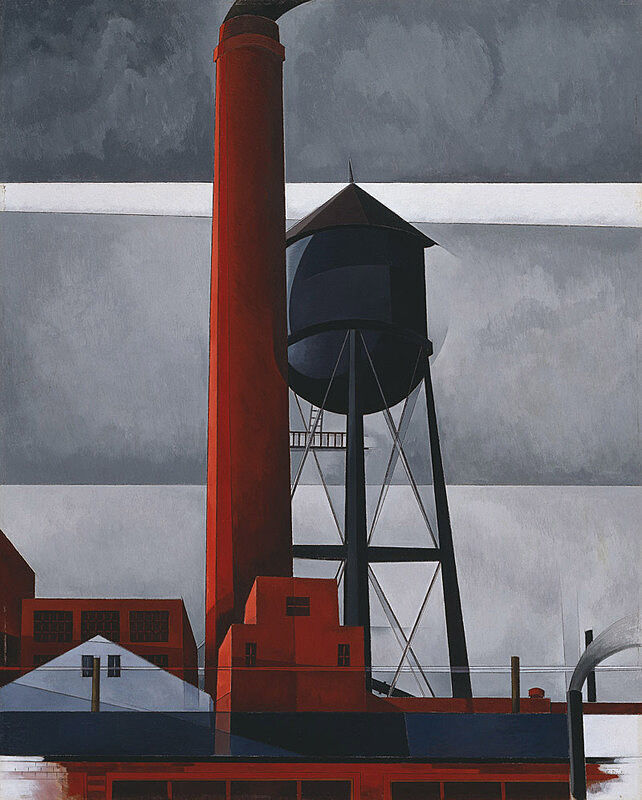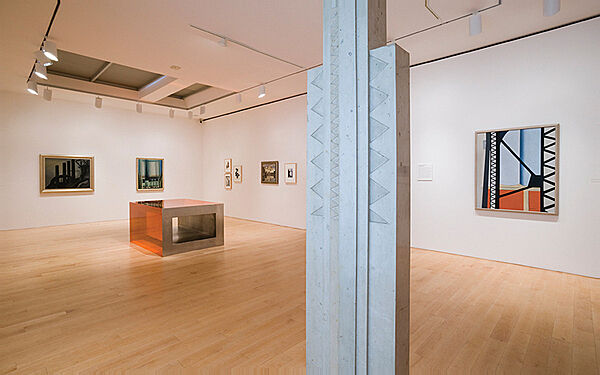Alfred Stieglitz
1864–1946
In 1922 Alfred Stieglitz—the influential photographer who played a seminal role in defining and promoting modern art in the early twentieth century—began to document the sky at his family estate on Lake George in New York. He eventually produced more than two hundred images, including Songs of the Sky B3, for the series, which came to be called Equivalent. The small size of these prints, made with a handheld Graflex camera, contrasts with their expansive subject. Light, the very substance of photography, is foregrounded here, expressing the tension between the transitory and the eternal that underlies photographic practice.
This series was a departure for Stieglitz, who spent much of his career advocating for “straight photography” through the numerous institutions he developed. These included the magazine Camera Work and a succession of important galleries in which he championed the work of fellow photographers such as Edward Steichen and Paul Strand along with the paintings of European and American modernists—including his wife, Georgia O’Keeffe, whose painterly abstractions of nature may have influenced the Equivalent series.
In this early print from the series, wisps of woolen white-and-gray clouds frame a slice of piercing light against a darkened sky. The viewer’s eye is drawn to the soft, curving shapes of the dissipating clouds, which, disconnected from everyday experience, are meant to suggest an “equivalence” between one’s thoughts and nature. “Several people feel I have photographed God,” Stieglitz wrote to the poet Hart Crane in 1923. By connecting his inner life to the natural world, Stieglitz imbues a cross-section of the sky with spiritual depth through a rhythm of abstracted forms.
Introduction
Alfred Stieglitz (; January 1, 1864 – July 13, 1946) was an American photographer and modern art promoter who was instrumental over his 50-year career in making photography an accepted art form. In addition to his photography, Stieglitz was known for the New York art galleries that he ran in the early part of the 20th century, where he introduced many avant-garde European artists to the U.S. He was married to painter Georgia O'Keeffe.
Wikidata identifier
Q313055
Information from Wikipedia, made available under the Creative Commons Attribution-ShareAlike License . Accessed February 13, 2026.
Introduction
Renowned photographer Stieglitz first studied photochemistry with Hermann Wilhelm Vogel at the Technische Hochschule in Berlin, from 1882-1886, and took his first photographs in 1883. He continued to travel and photograph in Germany, Austria, and Switzerland until 1890, when he returned to New York City. From 1890 to 1895 he was a partner in a photogravure firm. During this time he concentrated on photographing the streets of New York City. In 1894, Stieglitz travelled to Europe and was elected a member of the Linked Ring, a pictorialist society in London. In 1902, Stieglitz founded the Photo-Secession Movement which attempted to prove that pictorialist photography was a fine art form. From 1903 to 1917, Stieglitz was publisher and director of Camera Work magazine. The graphic section was run by Edward Steichen (1879-1973). In 1905, Stieglitz opened the Little Galleries of the Photo-Secession "291" on Fifth Avenue in New York City with Steichen. The galleries operated until 1917. In 1907, Stieglitz exhibited his autochrome photographs. Stieglitz stopped photographing in 1937. During his lifetime, Stieglitz was also a close friend and collaborator of Joseph T. Keiley. Together they invented the glycerine process which permitted partial development of platinum papers. Also, they produced joint research on the history of photography. Keiley also acted as the associate editor of Stieglitz's publications "Camera Notes" and "Camera Works". American photographer.
Country of birth
United States
Roles
Artist, art collector, dealer, editor, painter, patron, photographer, publisher
ULAN identifier
500024301
Names
Alfred Stieglitz, Alfred Steiglitz
Information from the Getty Research Institute's Union List of Artist Names ® (ULAN), made available under the ODC Attribution License. Accessed February 13, 2026.

